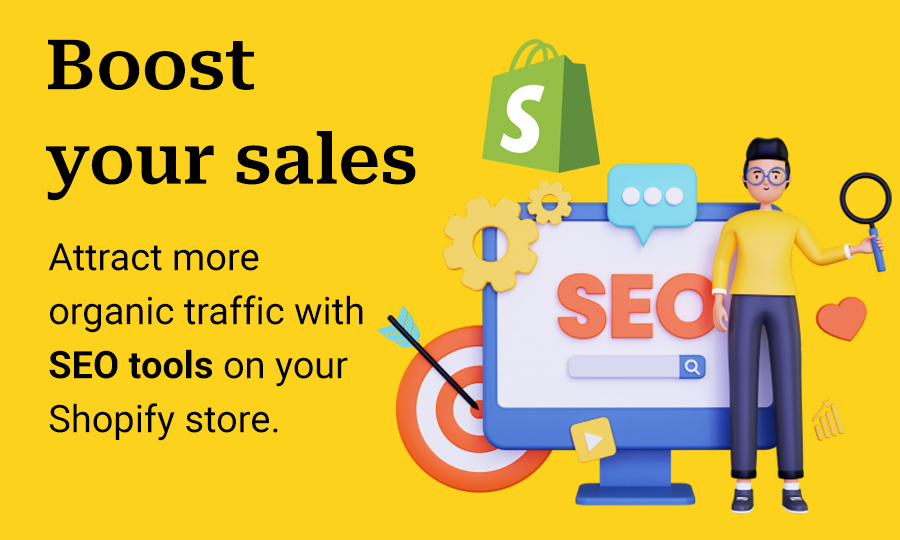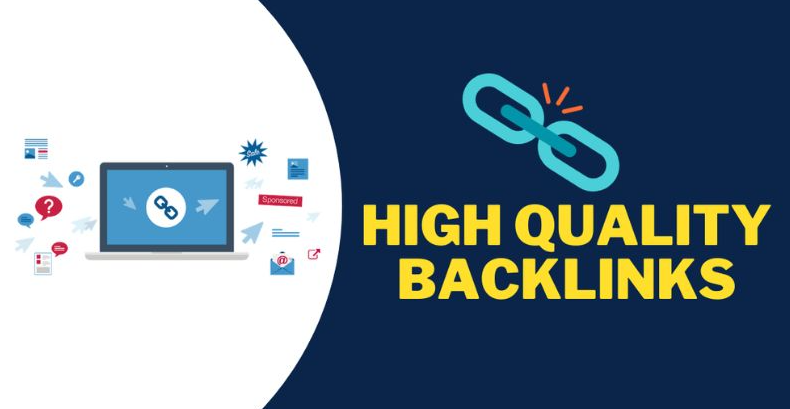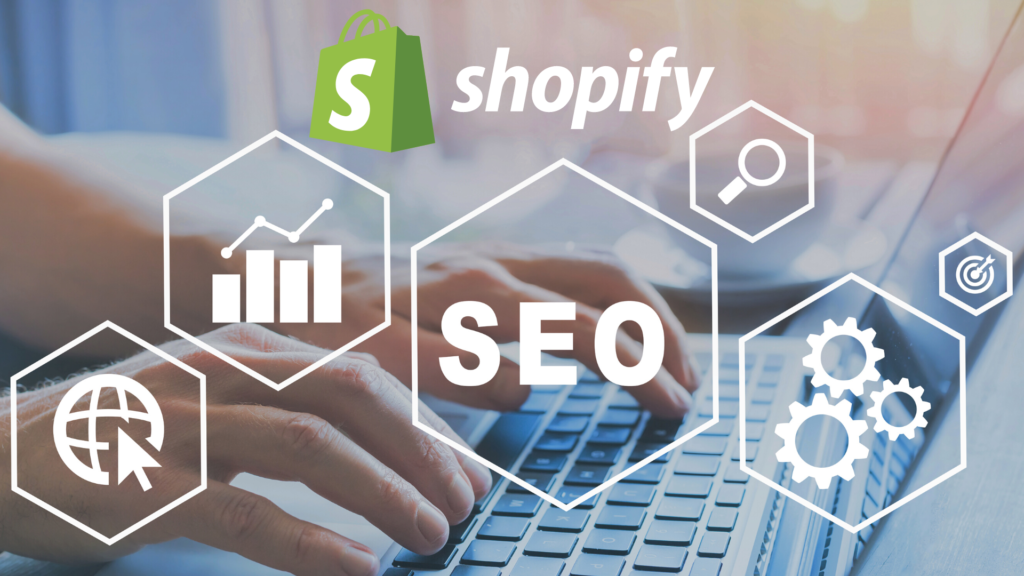When it comes to maximizing your e-commerce potential, utilizing effective search engine optimization (SEO) strategies is crucial. For Shopify users, understanding and implementing SEO best practices can significantly impact online visibility and sales. In this article, we will delve into valuable techniques to enhance your Shopify store’s SEO performance.
Table of Contents
Keyword Research and Implementation
Before diving into SEO best practices, conducting thorough keyword research is essential. Identify relevant keywords and long-tail phrases that align with your products and target audience. Once you have a list of targeted keywords, strategically implement them across your Shopify store’s content, including product descriptions, meta tags, and URLs.
Optimizing Product Pages
Each product page on your Shopify store provides an opportunity to optimize for search engines. Craft unique and compelling product descriptions that incorporate targeted keywords naturally. Additionally, ensure that product images are properly labeled with descriptive file names and alt tags to enhance visibility in image search results.
Streamlining Site Structure and Navigation

A well-organized site structure not only improves user experience but also plays a vital role in SEO. Utilize clear navigation menus and categories to make it easy for visitors and search engine crawlers to navigate your Shopify store. Implementing breadcrumb navigation can further enhance the discoverability of your product pages.
Content Creation and Blogging
Frequently updating your Shopify store with high-quality, informative content can boost its SEO performance. Consider incorporating a blog section into your store to publish relevant articles, guides, and industry-related updates. Engaging and shareable content not only attracts potential customers but also earns valuable backlinks from other websites.
Mobile Optimization
With the majority of online shoppers using mobile devices, ensuring that your Shopify store is mobile-friendly is non-negotiable. Optimize your store’s layout and design for seamless browsing and purchasing on smartphones and tablets. Google prioritizes mobile-optimized websites, making this an essential aspect of Shopify SEO best practices.
Leveraging User Reviews and Testimonials
User-generated content such as product reviews and testimonials can significantly impact your store’s SEO. Encourage satisfied customers to leave reviews, as they contribute to unique and relevant content that reinforces the credibility of your products. Search engines value user-generated content, leading to improved visibility in search results.
Utilizing Social Media Integration
Integrating social media platforms with your Shopify store not only expands your online presence but also contributes to SEO. Share product updates, promotions, and engaging content on social media to drive traffic back to your store. Social signals and inbound links from social platforms can amplify your store’s SEO potential.
Importance of Shopify SEO

The significance of Shopify SEO cannot be overstated. When your online store appears at the top of search engine results, you are more likely to attract potential customers who are actively seeking the products or services you offer. This increased visibility can lead to higher conversion rates and ultimately, improved sales and revenue.
Understanding Shopify SEO
To understand Shopify SEO, you need to grasp the fundamental principles of search engine optimization and how they apply specifically to Shopify websites. This includes keyword research, on-page optimization, technical SEO, and link building.
Keyword Research
Keyword research is the foundation of any successful SEO strategy. By identifying the relevant keywords that your target audience is using to search for products or services, you can optimize your Shopify store’s content to align with these search queries.
On-Page Optimization
On-page optimization involves optimizing the content and structure of your Shopify website to make it more appealing to search engines. This includes creating unique and compelling product descriptions, optimizing meta tags, and improving site speed and user experience.
Technical SEO
Technical SEO focuses on the backend elements of your Shopify website, such as site architecture, mobile-friendliness, and website security. By addressing these technical aspects, you can ensure that your site is easily accessible and indexable by search engines.
Link Building

Conclusion
By implementing these Shopify SEO best practices, you can elevate your e-commerce potential and drive organic traffic to your online store. Continuously monitor and adapt your SEO strategies to align with evolving search engine algorithms and consumer behaviors. With a strong SEO foundation, your Shopify store can thrive in the competitive e-commerce landscape.
FAQs
What is Shopify SEO and Why Does It Matter?
Shopify SEO refers to the process of optimizing your Shopify store to improve its visibility and ranking in search engine results. Just like in a physical store, where location can impact foot traffic, online stores also need to be easily found by potential customers.
How Do I Optimize my Shopify Store for SEO?
Optimizing your Shopify store for SEO involves several key steps. First, ensure that your product pages contain relevant keywords that potential customers might use when searching for your products. Additionally, creating unique, compelling product descriptions and optimizing your images with descriptive file names and alt text can improve your store’s SEO.
Can I Use Meta Tags to Improve Shopify SEO?
Yes, you can use meta tags to improve your Shopify store’s SEO. Meta tags are snippets of text that describe a page’s content and are displayed in search engine results. By crafting compelling and relevant meta titles and descriptions, you can potentially increase click-through rates in your store.
Should I Use Shopify Apps for SEO Optimization?
Shopify offers various apps designed to help with SEO optimization. While some of these apps can be beneficial, it’s essential to approach them with caution. Before installing any SEO app, thoroughly research its features, and read reviews from other users to ensure that it aligns with your SEO goals.
How Long Does it Take to See Results from Shopify SEO Efforts?
The timeline for seeing results from your Shopify SEO efforts can vary based on several factors, including the competitiveness of your industry and the specific keywords you are targeting. Generally, it can take several weeks to several months to see noticeable improvements in your store’s search engine rankings.


